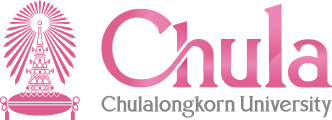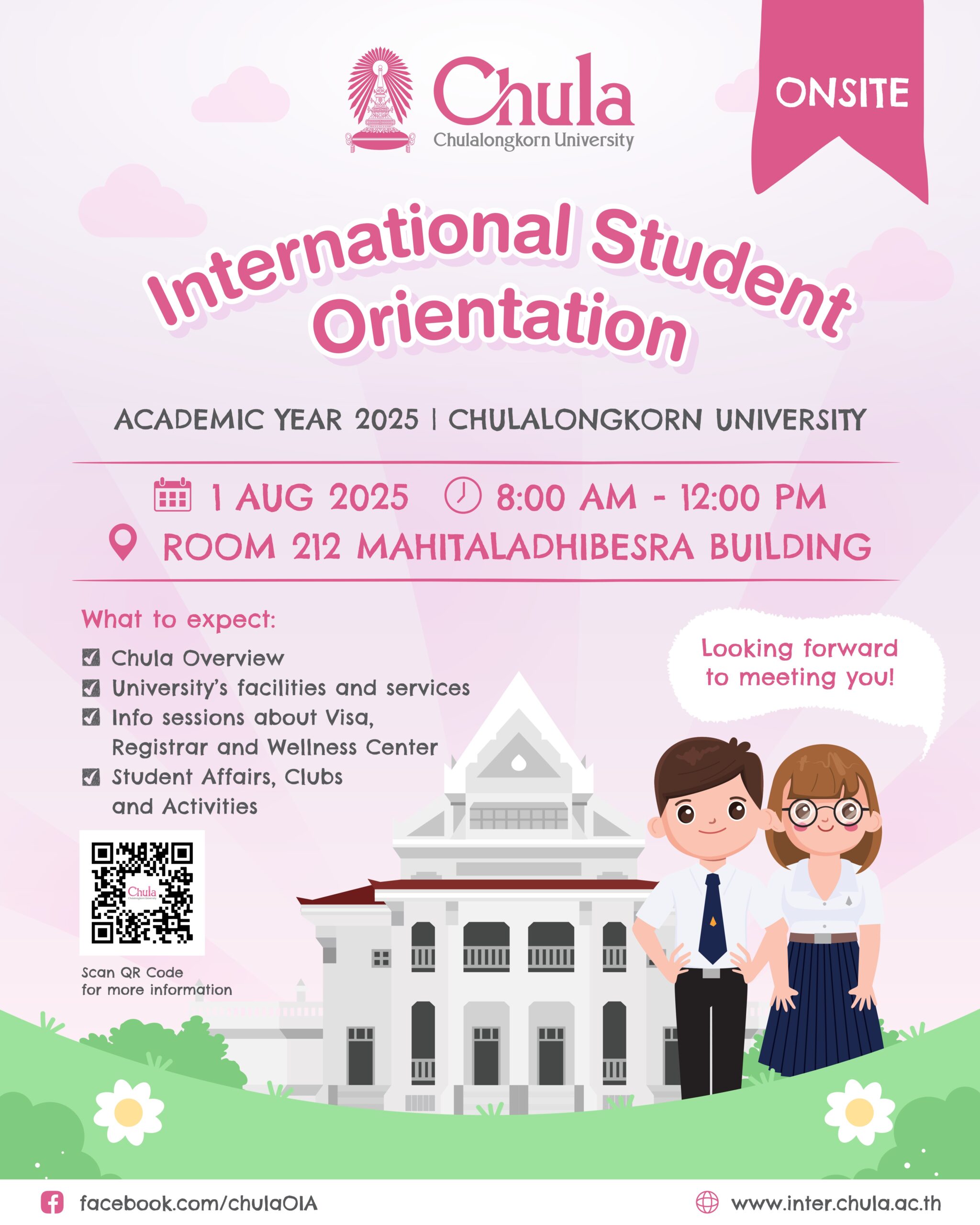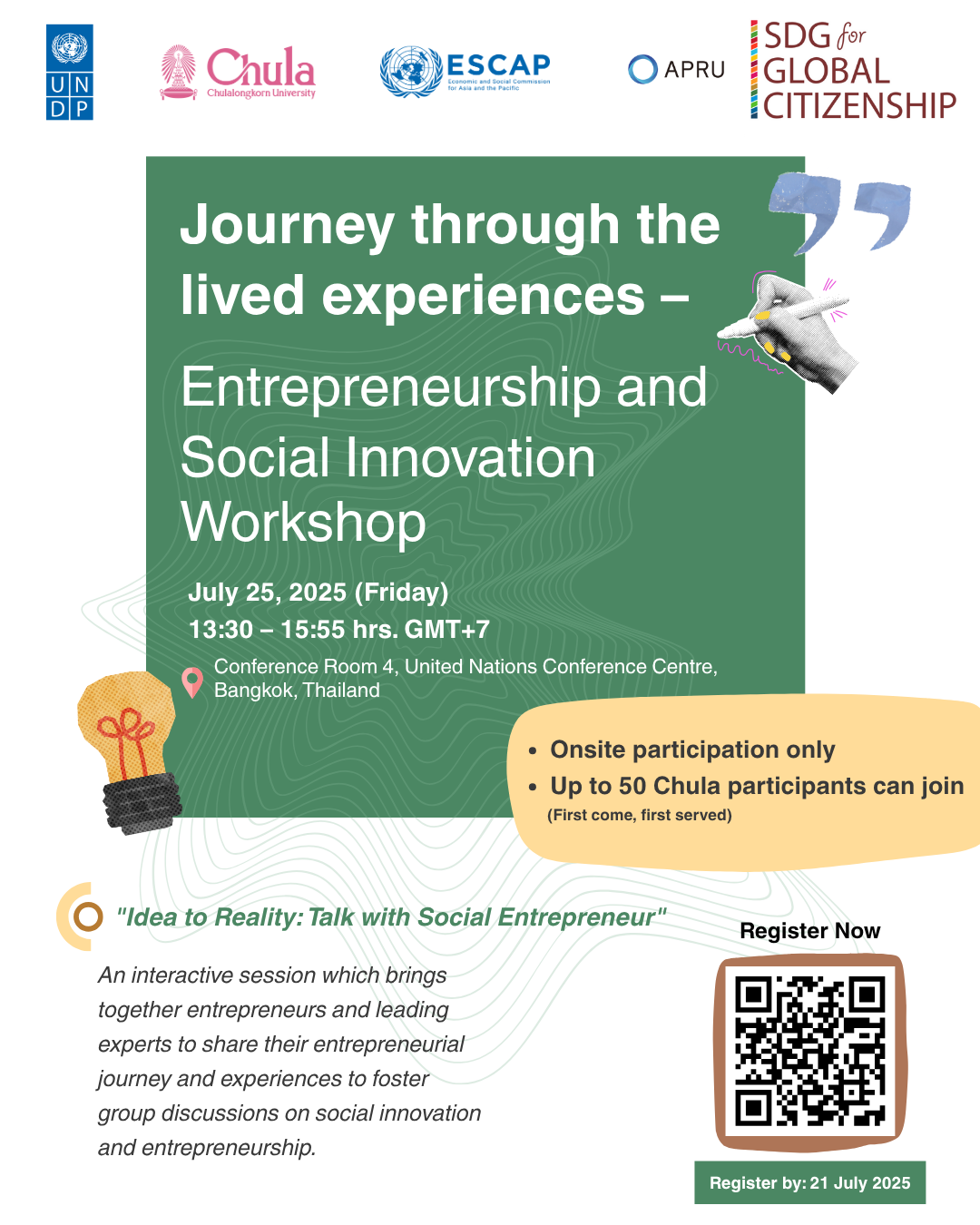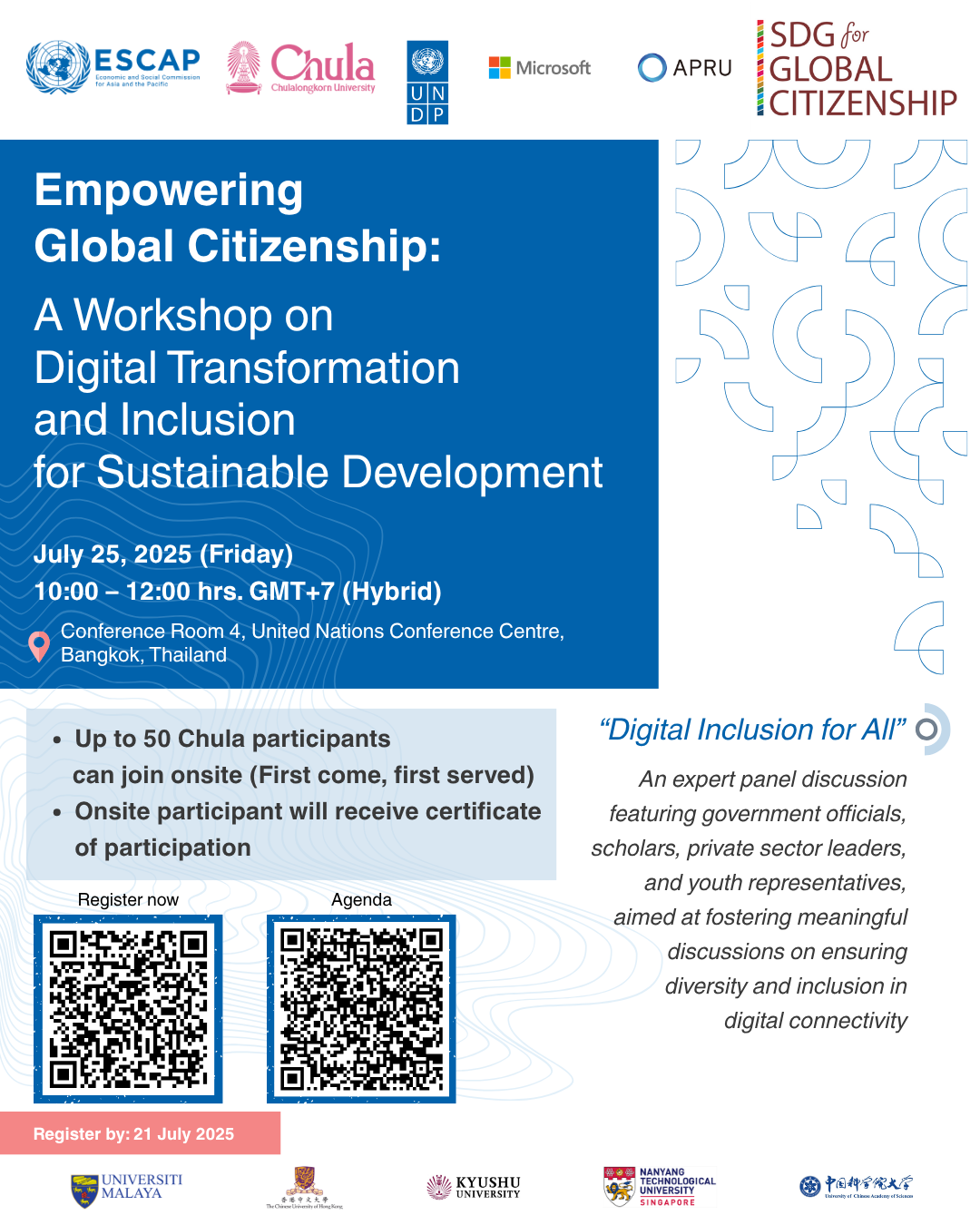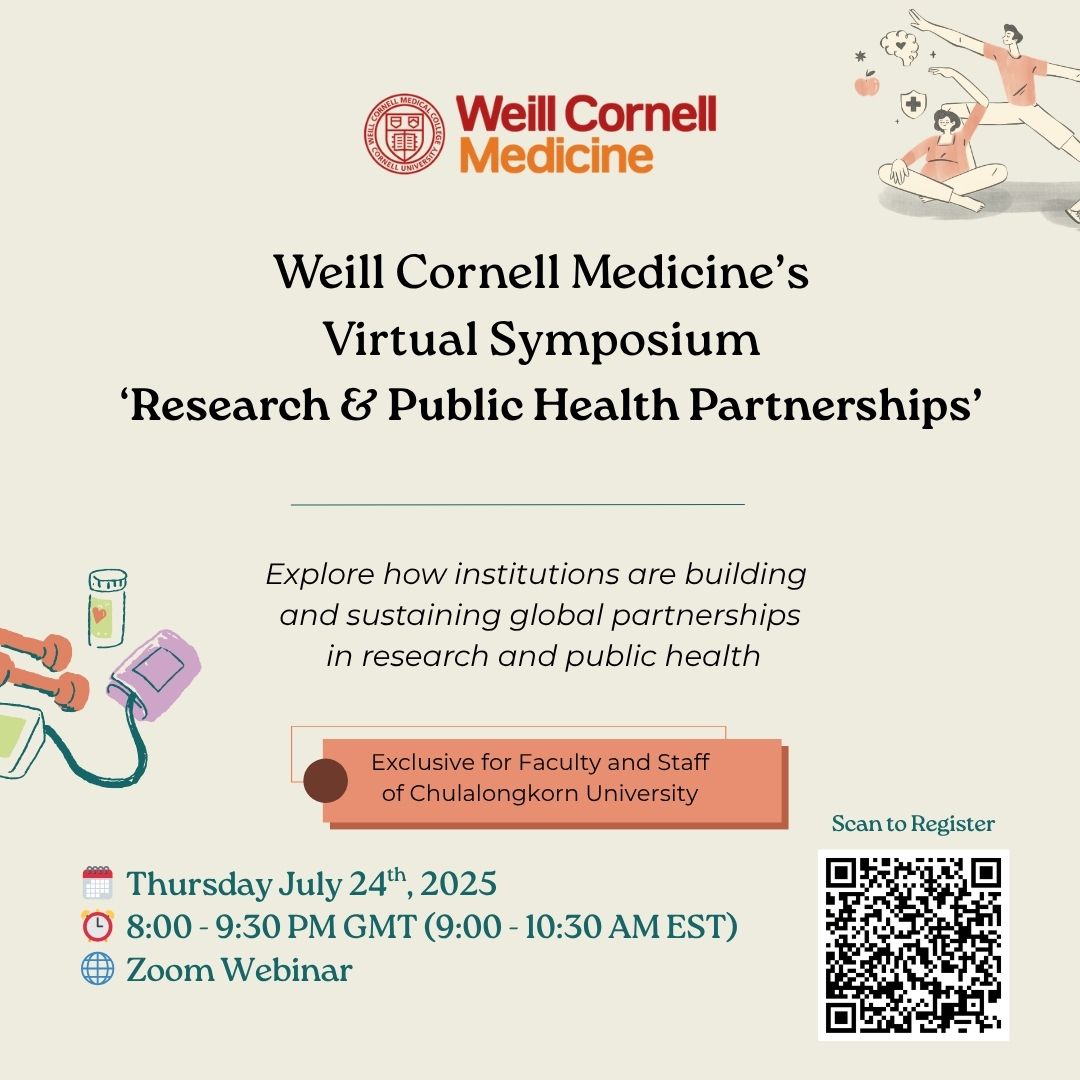[Call for Contributions] Case studies: Generative AI in Education — Opportunities, Challenges and Future Directions in Asia and the Pacific

Generative AI in Education
Opportunities, Challenges and Future Directions in Asia and the Pacific
An APRU-Microsoft Collaboration
Project Background:
Generative AI tools — such as ChatGPT and DALL.E2 — based on large language models (LLMs) are now both widely available and capable of rapid production of various types of new content including text and images that can be difficult to distinguish from human-produced content. Such tools are quickly being embedded into widely-used digital platforms that underpin internet browsing, search engines, content production (e.g., word processing and presentation software) and virtual digital assistants.
The use of such AI systems in education has quickly risen to global attention, as they offer an intriguing combination of opportunities to support and enhance learning, whilst at the same time raising major concerns around academic integrity, privacy, bias and ethics of use. These issues, together with the speed of their on-going refinement and development point to genuine uncertainty about the longer-term extent of impact of generative AI on teaching, learning and research, and the possibility of causing considerable disruption to the higher education sector. Universities are currently grappling with these implications, and medium- and longer-term strategies will require a better shared understanding of these tools: how they work and how to balance risks and benefits.
Project Vision:
In response to these challenges and opportunities and to address the knowledge gap around AI and higher education, APRU with support from Microsoft are embarking on a multi-phase collaboration.
The project will provide a venue for exploration, discussion and sharing best practices for the use of AI in higher education. The collaboration will also attempt to reimagine learning assisted by AI and to ideate potential solutions and tools that can support the APRU universities and their key stakeholders as they navigate and shape the future of higher education in the era of generative AI.
Aims & Objectives:
The aim of the APRU–Microsoft collaboration is to establish a network of APRU stakeholders who are interested in being proactive about AI and higher education to:
- create a “baseline snapshot” of how AI is used across our institutions and draw out best practices and case studies, supported by quantitative data, institutional assessments, etc.;
- gain deeper understanding of the a) opportunities and challenges generative AI may have on higher education and b) identify specific needs and potential knowledge gaps with a specific focus on equity and inclusion;
- identify potential approaches, solutions or tools to address needs and knowledge gaps.
The current Call for Contributions of case studies relates to the first of these aims above.
Why Participate:
Active engagement with this project will provide members the opportunity to engage in collective, reflective thinking and analysis of the core challenges universities are confronted with due to generative AI.
This call out and resulting project activities will act as catalysts for deeper thinking towards the ideation of potential solutions and toolsidentifying potential approaches for addressing immediate challenges and fundamental transformations universities have been facing in the era of generative AI.
Case studies, workshops as well as data and insights collated and synthesized as part of this project will be made accessible to members engaging in this project. The resulting white paper will be widely shared amongst members, partners and policy makers.
Academic Lead:
The academic lead for the project is Professor Simon Bates, University of British Columbia (UBC).
Call for Contributions:
Please see [Document 1] [Document 2] specifics of this call, detailing areas in scope for case study contributions by the participants, the project timeline, and eligibility.
They will appreciate receipt of completed case study contributions using the attached Case Study Contribution Template by October 20, 2023, with submissions returned to benjamin.zhou@apru.org

